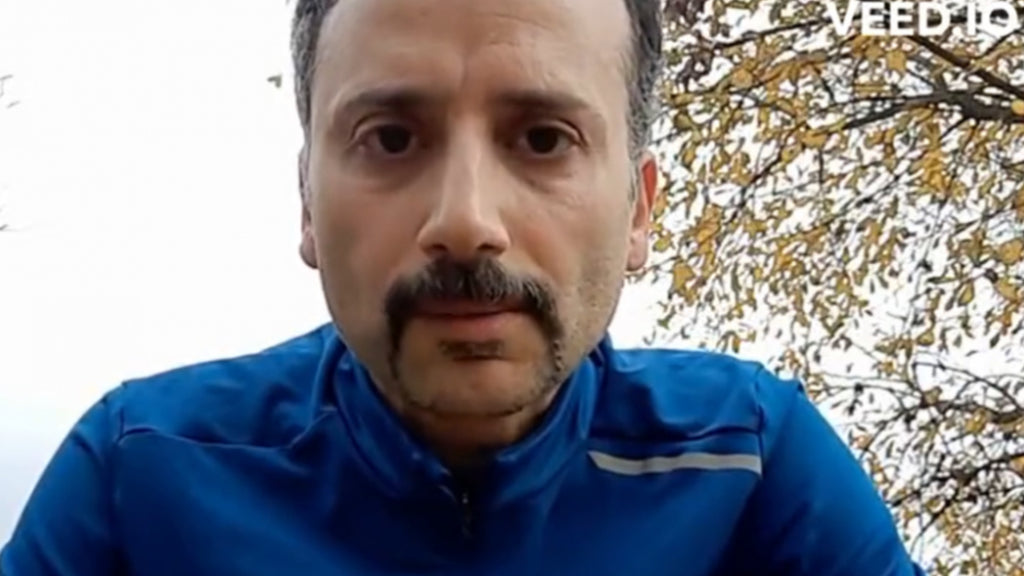France's first larynx transplant: a patient regains speech
Steph Deschamps / November 23, 2023

After transplants in the United States, Colombia and Poland, France has just performed its first larynx transplant, enabling a woman to speak again.
"It feels strange to be talking again," comments Karine, who in September benefited from the first larynx transplant performed in France. The operation was announced last week, and presented on Monday in Lyon by the medical team, who hope to be able to repeat this "feat" in the near future. The 49-year-old patient had been breathing through a tracheostomy without being able to speak for some twenty years, due to complications following intubation after cardiac arrest in 1996.
The transplant was carried out on September 2 and 3 in Lyon, and a few days later Karine was able to utter a few words in a voice that was still very weak. Since then, she has been undergoing vocal cord, swallowing and breathing re-education sessions with a speech therapist in order to regain her full capabilities. Her immunosuppressive treatment was reinforced following the onset of rejection, but she was able to return home to the south of France on October 26. She therefore did not take part in Monday's presentation of the operation, but explained in writing that she had volunteered ten years ago "to get back to a normal life". "My daughters had never heard me speak", she confided, assuring us that she was armed with "courage" and "patience" to cope with the pain and the work of relearning. Pr Philippe Céruse, head of the ENT and cervico-facial surgery department at the Croix-Rousse hospital, also showed determination before coordinating this transplant, the first of its kind in France.
The idea for this type of surgery arose from the world's first larynx transplant, performed in 1998 in Cleveland, USA, on a man who had lost his vocal cords in a motorcycle accident. Surgeon Philippe Céruse made enquiries, but left it at that. Then, in 2010, he met a Colombian colleague who had reproduced this very delicate operation without ever publishing anything. Dr. Luis Fernando Tintinago Londono invited him to spend a week in Cali to show him how to harvest a larynx. This is "one of the most complex aspects", as this organ "is innervated by tiny nerves and vascularized by tiny arteries and veins that intersect", explains Philippe Céruse.




